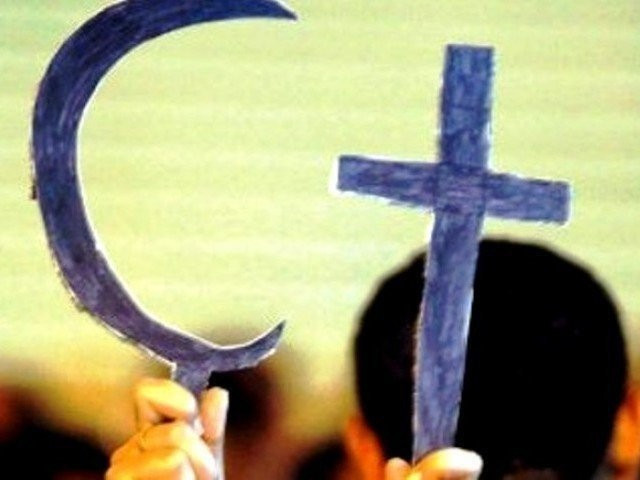No orphanage for non-Muslims in Khyber-Pakhtunkhwa
Province does not have single orphanage or adoption agency dedicated to religious minorities

Coordinator of the Chief Minister on Minority Affairs Ravi Kumar said, “If people are facing problems due to the lack of orphanages in the province, the issue should be addressed. I will talk to the relevant authorities after studying the issue thoroughly.” PHOTO: AFP
Rabia, a 32-year-old Christian from Peshawar, has been longing to adopt a child for years but with no success. Coping with infertility and society’s pressure, she has visited many orphanages to adopt a child. However, she is always disappointed because Muslim orphanages have rules against letting people from any other religious background adopt children.
“Due to biological complications, I cannot give birth. I could have adopted from any orphanage, but they don’t give us a child. They say we will convert a Muslim child to our own religion,” a tearful Rabia told The Express Tribune.
“If there was an orphanage specifically for non-Muslims, my husband and I would have been living a colorful life like any other couple.” The administrations of orphanages always rejected their application by saying they only provide Muslims with children as it is against their policy to give children to non-Muslim families.
Adoption is in the benefit of both the children and couples who are deprived of this blessing. It gives children a new lease on life as they are raised in a family environment rather than an orphanage. Those non-Muslims who cannot give birth spend their whole life without feeling the joy of parenthood and bear the brunt of societal pressures.

Consequences
Inversely, children that belong to religions different to Islam are not sent to these orphanages. Relatives from the community are afraid the children will be converted to Islam at these facilities. If children do end up at one of these orphanages, they do not have a space where they can perform their religious rituals.
Sandhiya, who belongs to a Hindu family, lost her parents when she was just eight years old. She has two sisters and they had no place to live after their parents died. Her relatives were initially reluctant to take responsibility, but due to the fear of conversion at an orphanage, the girls were separated and taken in by two different relatives.
Sandhiya told The Express Tribune she now lives like a servant with one of her aunts and has no prospects or access to a better education. The girls are coping not only with the loss of their parents, but also have to live without each other.
Haroon Sarbdiyal, a rights activist for non-Muslims, said, “Due to the absence of any orphanage for non-Muslims in Pakistan, our children lead a miserable life. Couples who are deprived of this blessing have no other choice but to long for children.” He added, “Those children who have lost their parents in terrorism incidents in Fata and K-P are living in Muslim orphanages where they cannot pray according to
their religion.”
When contacted, several orphanages in Peshawar confirmed that their rules do not allow them to provide a child to a non-Muslim family. Yasmeen Bibi, administrator of Dar-ul-Atfal, Peshawar, told The Express Tribune that it is not in their rules and regulations to give babies to couples belonging to religious minorities.
Coordinator of the Chief Minister on Minority Affairs Ravi Kumar said, “If people are facing problems due to the lack of orphanages in the province, the issue should be addressed. I will talk to the relevant authorities after studying the issue thoroughly.”
Published in The Express Tribune, July 26th, 2016.













COMMENTS
Comments are moderated and generally will be posted if they are on-topic and not abusive.
For more information, please see our Comments FAQ